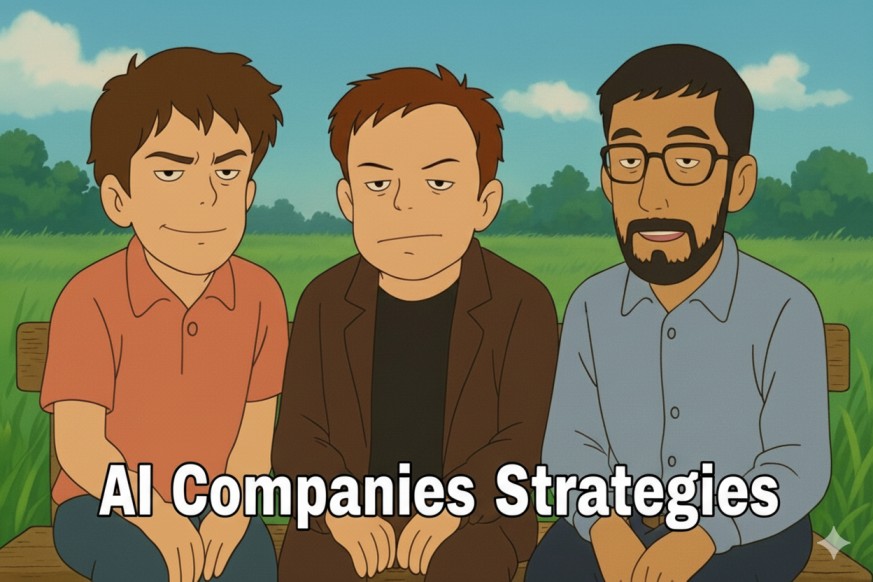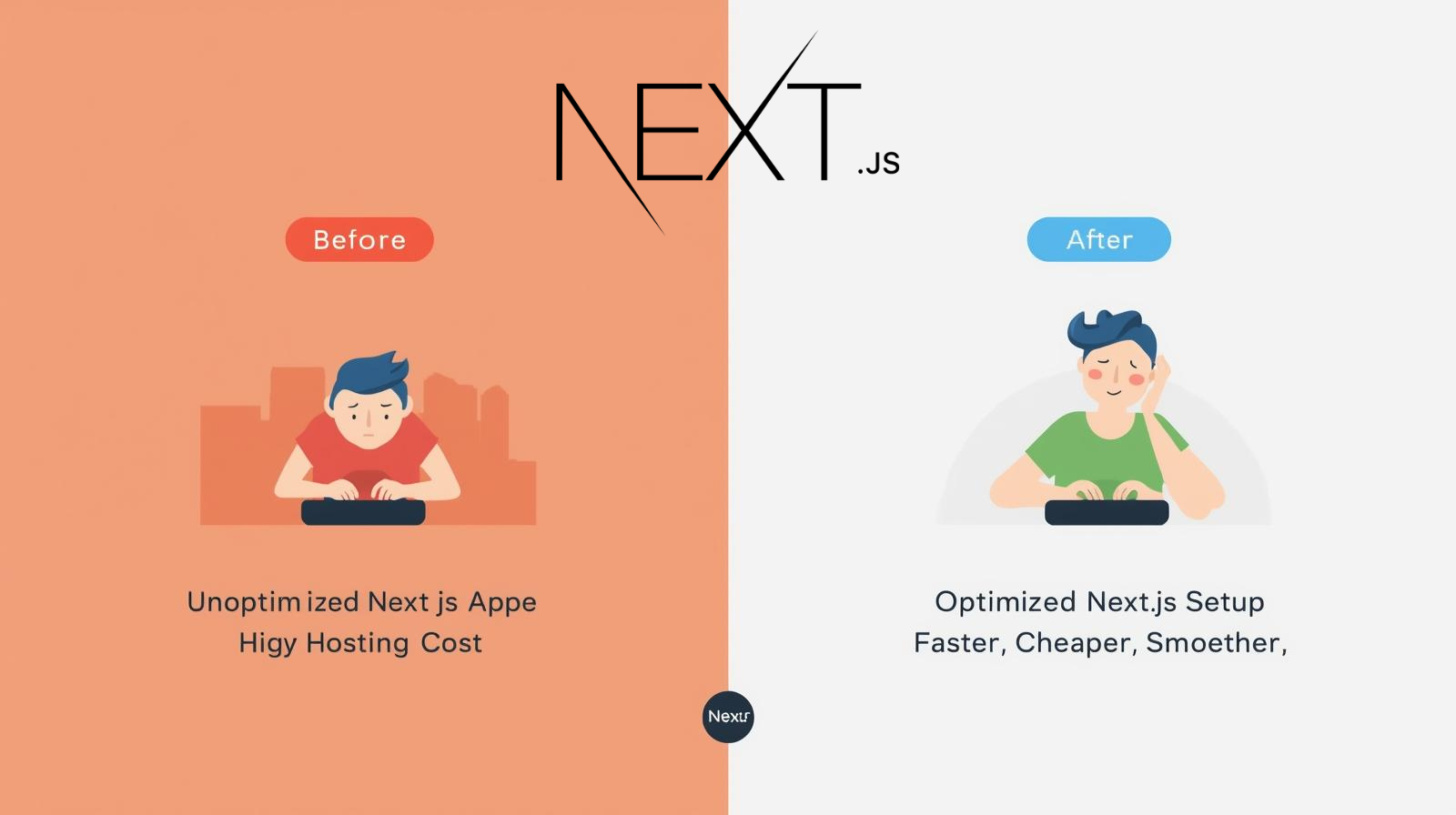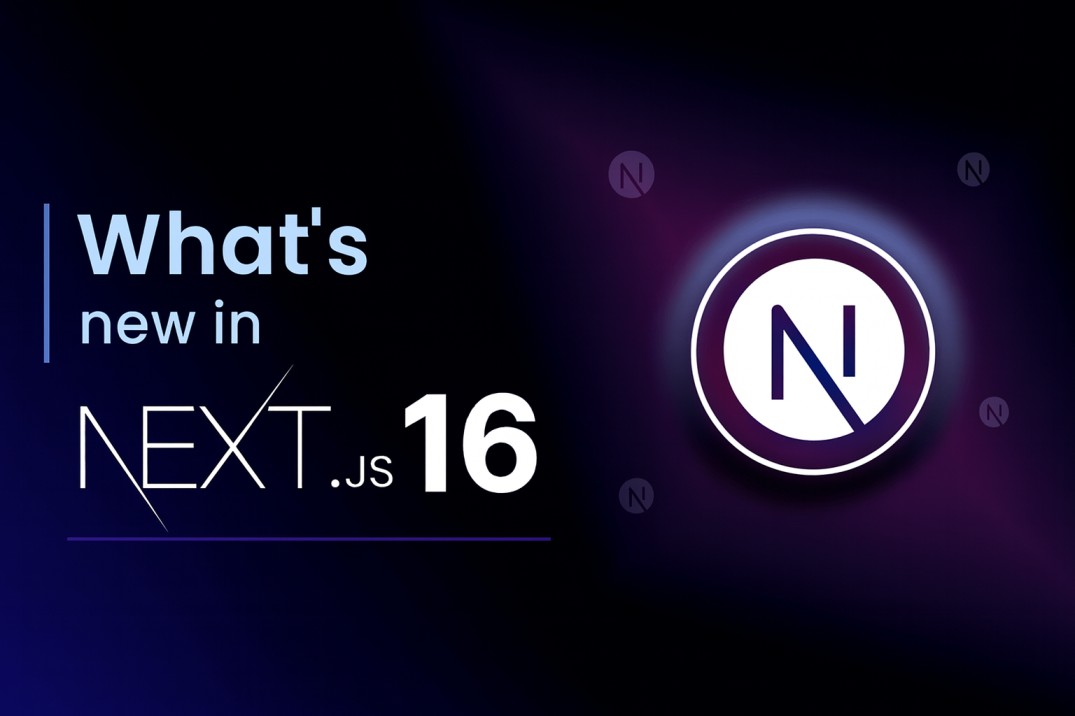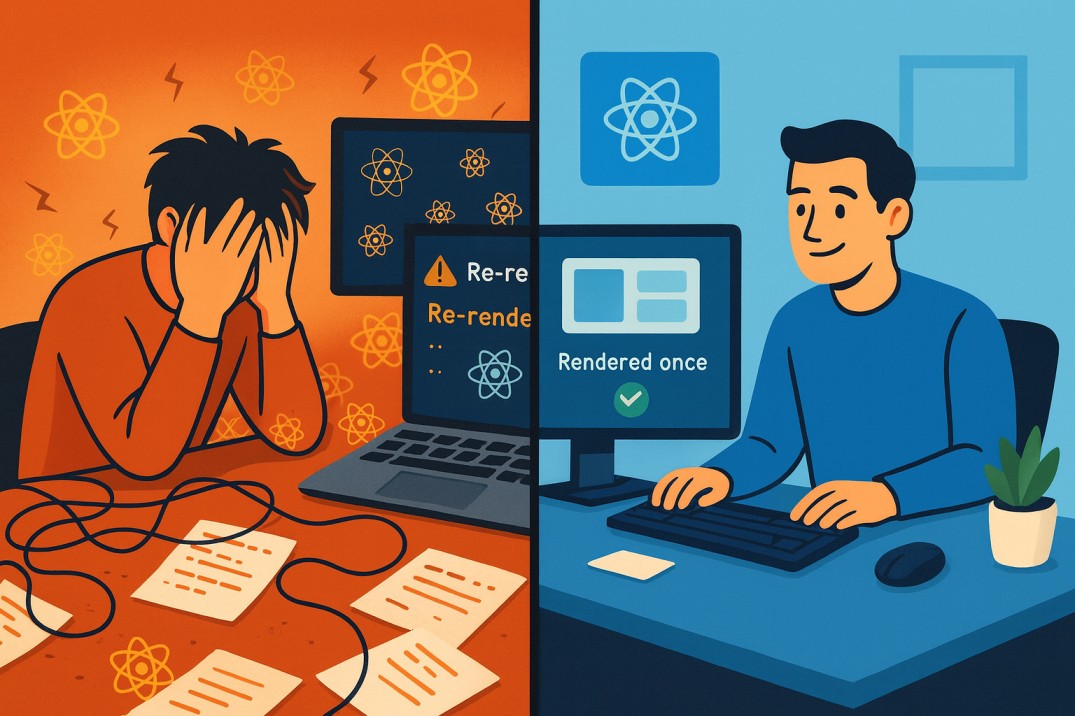How AI Companies Stay Relevant in Competition My View

When you look at today’s AI market, it’s not just about building a good model. Every big AI company is trying different strategies to make sure they don’t get forgotten. I’ve noticed a few things myself while using these tools and following how these companies work. Some of these moves are simple, but they are very powerful in keeping their product in front of people.
ChatGPT – Ads Everywhere and Smart Targeting
Even though ChatGPT is already famous, OpenAI doesn’t sit back. They still run ads on Instagram and Google. If you ever search for the word “AI” on Google, you’ll almost always see ChatGPT’s ad on top. This might look unnecessary since everyone already knows ChatGPT, but it’s actually a smart move.
Why? Because ads remind people again and again. If someone is curious about AI and searches for it, the first thing they see is ChatGPT. That impression matters, especially for new users. On Instagram, they don’t just show random ads. From what I’ve seen, they mostly target teenagers and people just above that age. These users are very active on social media, so it creates a habit early. If they start using ChatGPT now, there’s a high chance they’ll continue using it later when they actually need it for work or studies.
This way, ChatGPT stays at the top of people’s minds. It’s not about being discovered once—it’s about being remembered constantly.
Gemini – Free Access and Viral Features
Google’s Gemini plays a different game. One of the smartest things they did was giving 1 year free access to students. That’s huge, because once students add a tool into their daily life, it becomes very hard to leave it later. Think about it: if you use Gemini for every assignment, project, or research task, you’ll get used to it. After one year, if even a small percentage of those students upgrade to a paid plan, Google wins big.
Another strategy Gemini used was launching Gemini Nano Banana (their lightweight and superfast image generator). It’s much faster than other models and generates more accurate images. Because of that, it went viral on social media. People started sharing results, comparing speed, and even making jokes about it. That’s free marketing right there. Trends like these push a company into the spotlight without them having to spend extra money on ads.
So, Gemini mixes two strategies: giving free access to build habits, and creating features that naturally spread on social media.
Claude – Owning the Coding Niche
Anthropic’s Claude took a different route. Instead of trying to fight everyone everywhere, they found their strong niche: coding. A lot of developers prefer Claude for programming tasks because of its structured responses and accuracy.
By focusing on a specific group, Claude doesn’t have to win every user. They just need to be the best choice for developers. Once developers recommend it in communities, forums, or among friends, it spreads naturally. Word of mouth inside a niche can be stronger than any global ad campaign.
This is why Claude stays relevant. They don’t chase every trend, they just keep improving where they’re already trusted.
Grok – Competing with Better Models
Then we have Grok, X’s AI model. Grok’s strategy looks simple on the outside: keep delivering better models than the competition. Even if they don’t look as big or popular as ChatGPT or Gemini, they focus on pushing updates and improvements.
This steady growth makes sure they stay in the market. Users who try them notice the improvements and stick around. In the long run, if Grok can keep up this pace, they’ll have a loyal base even without massive advertising.
What These Strategies Tell Us
Looking at these companies, a few things become clear:
- Visibility is power. ChatGPT proves that ads keep them in the spotlight even though they’re already well known.
- Habit creation wins. Gemini giving free access to students is not about short-term profits, but about building long-term users.
- Niche focus works. Claude doesn’t try to beat everyone everywhere, just in coding, and that’s enough.
- Constant improvement is survival. Grok knows if they keep improving, users will notice and stick with them.
The AI space is moving so fast that just being good today doesn’t guarantee you’ll be relevant tomorrow. These strategies are how companies keep themselves in front of users again and again.
Final Thoughts
When you look at ChatGPT, Gemini, Claude, and Grok, each has its own way of playing the game. None of them rely only on the quality of their AI. They combine smart marketing, free access, viral features, niche dominance, and constant upgrades.
That’s why they’re still in the race, and that’s why people keep talking about them. If you’re building anything in AI or even another industry, there’s something to learn from each of these moves.



